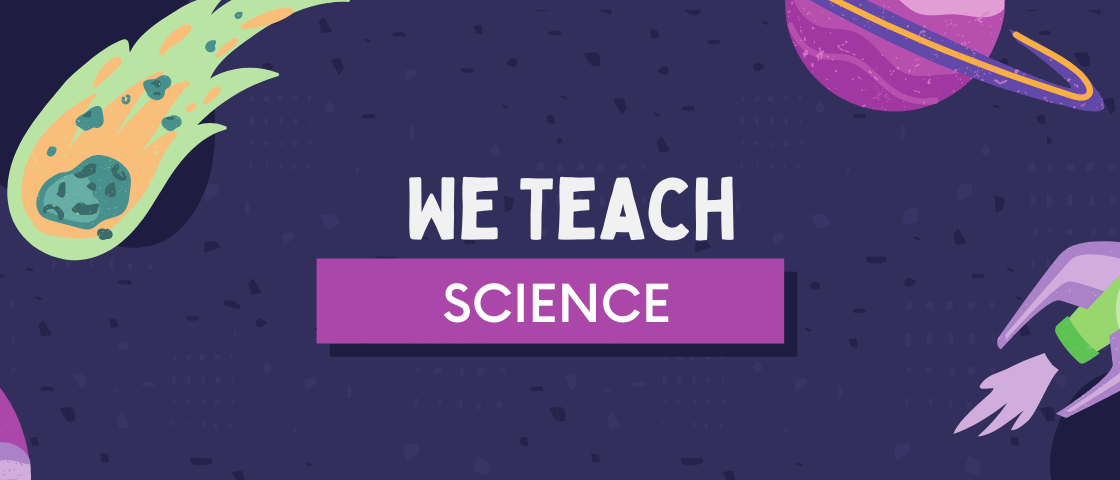Health care’s a vital industry. People rely on health care professionals to help them maintain their health. People also turn to doctors, physical therapists, nurse practitioners, and other medical experts when they need treatment for a health issue, such as illness or injury.
Health care is a popular career field. Health care professionals typically enjoy excellent job prospects and earn competitive wages. When people think about health care occupations, they’re likely to think about doctors and nurses, but there are multiple other health care careers people can consider. Let’s look at what you’ll study earning a health information technology degree, how to prepare for your college application, and the types of careers you can pursue with this degree.
What will you learn while taking a health information technology program?

Medical offices must comply with Health Insurance Portability and Accountability Act (HIPAA) laws and protect patient data. Medical professionals may also use health data to track patient care and evaluate outcomes. Medical professionals use this data to identify the most effective treatment options for different health issues.
An Associate of Applied Science degree in Health Information Technology takes approximately two years to complete. While studying to earn your health information technology degree, you’ll complete 94 credit hours, including courses covering medical law and ethics, medical terminology, anatomy, physiology, and pathophysiology. Health information technology students must also earn credit hours in social sciences, humanities, communications, life skills, and mathematics.
How can you prepare to apply to a health information technology program?

College application boards review applications from thousands of prospective students each year to determine which students to accept. Your program application will include your high school transcripts or proof you’ve earned a general education diploma (GED), standardized test scores, and an essay. Ensuring each part of your application impresses the application review board is an excellent way to ensure you’re accepted to your dream college.
Ideally, you’ll start thinking about college in your first or second year of high school to ensure you choose suitable courses to prepare you for post-secondary studies. Working with a college application counselor is an excellent idea because your admissions counselor can identify ways to strengthen your college application. They’ll review your academic performance and help you determine which courses you should take.
Your admissions counselor can also help you secure an internship, enabling you to gain practical experience in your chosen career field. College application review boards value practical experience and look for well-rounded candidates, and pursuing extracurricular activities can demonstrate your interpersonal skills.
Most colleges require applicants to include an essay with their application. Your essay offers an opportunity to convey personal information to convince the review board to accept your application. Your admissions counselor can review your essay and help you determine what information to include to ensure your essay impresses the review board.
You’ll also complete an application interview. Your interview allows you to impress the review board and demonstrate that you’re a good fit for the program. Discussing the application process with an admissions counselor is a great way to prepare for this component of your college application.
What careers can you pursue with a health information technology degree?

Health information technicians are also referred to as medical records technicians or medical records and health information specialists. The U.S. Bureau of Labor Statistics (BLS) reports that medical records and health information specialists should enjoy a nine percent job growth rate between 2020 and 2030, slightly higher than the eight percent average job growth rate for all occupations. The BLS reports that these health information technicians took home median annual salaries of $45,240 in 2020.
Individuals with a health information technology degree may also pursue opportunities as information clerks. Those who continue their studies and earn a bachelor’s degree may pursue opportunities as medical and health services managers.
Health information technology degrees equip individuals with the skills and knowledge needed to manage medical data. Individuals can earn an Associate of Science degree in Health Information Technology with approximately two years of postsecondary studies.

